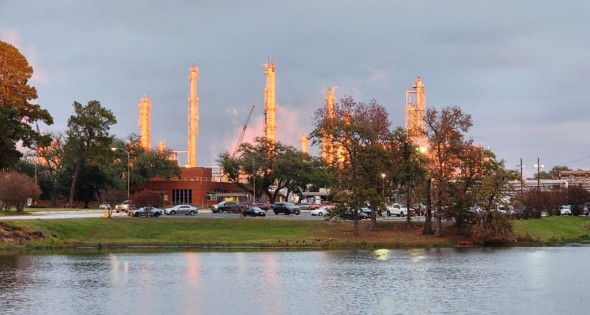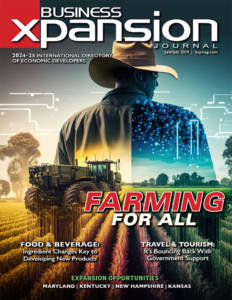
Eastman’s second U.S. molecular recycling facility will be in Longview, Texas
28 Mar, 2024
In March 2024, Eastman announced the location of its second U.S. molecular recycling facility will be Longview, Texas.
The selection of the Longview site was based on several factors, including existing infrastructure and operations synergies, favorable energy supply, access to feedstock pools in the western and central U.S., and ample space for renewable energy generation. The investment will involve the preparation of mixed plastic waste for processing, the deployment of Eastman’s next-generation molecular recycling unit to break down waste, and the establishment of a polymer facility to create high-quality materials for packaging and textiles. The Longview facility will have the capacity to recycle approximately 110,000 metric tonnes of hard-to-recycle plastic waste.
This investment is expected to bring over 200 full-time, high-paying jobs to the Longview community, in addition to approximately 1,000 temporary construction jobs during the site development and facility construction phases. Eastman has been an active member of the Longview community for more than 70 years, currently employing over 1,500 team members at the location.
Mark Costa, board chair and CEO of Eastman, expressed excitement about this commitment to their circular strategy and the decision to locate the new facility in Texas. He emphasized the positive impact this investment will have on the local community.
Eastman was selected by the DOE to accelerate the demonstration of low-carbon intensity recycled PET with this project. Collaborating with the DOE allows for the inclusion of thermal heat batteries and on-site solar power deployment. Together with Eastman’s next-generation molecular recycling technology, this project aims to significantly reduce carbon emissions in PET production. In addition to DOE support, Eastman secured significant state and local tax with the support of Governor Abbott and the State of Texas.
Eastman’s polyester renewal technology enables the recycling of hard-to-recycle plastic waste that would otherwise end up in landfills or incinerators. This technology breaks down the waste into molecular building blocks, which are then reassembled to create virgin-quality material without compromising performance. By keeping these valuable molecules in production through a material-to-material high-yield loop, Eastman is paving the way for potentially infinite material reuse. Moreover, Eastman’s process results in lower greenhouse gas emissions compared to traditional methods, making it an environmentally responsible solution for producing food contact polyesters of virgin quality.
Eastman’s commitment to sustainability and its investment in the Longview community exemplify its dedication to making a positive difference for future generations.
Related Posts
-

Wisk and the City of Sugar Land, Texas, Partner to Bring Autonomous Air Taxis to the Greater Houston Region
-

Graphic Packaging International to Build Manufacturing Facility in Waco, Texas
-

The HBCU HUB Relocates to McKinney, Texas from California
-

Defense Contractor Renews TexAmericas Center Lease and Expands Operations
-

1 Gigabit Internet Available in Gonzales, Texas
-

Survey Grades Top States for Small Business
-

Microsoft Signs 20 Year Deal for Texas Wind Power
-

Texas Issues Electronics Industry Report
-

Waco: Creative Start-up Capital of Texas









